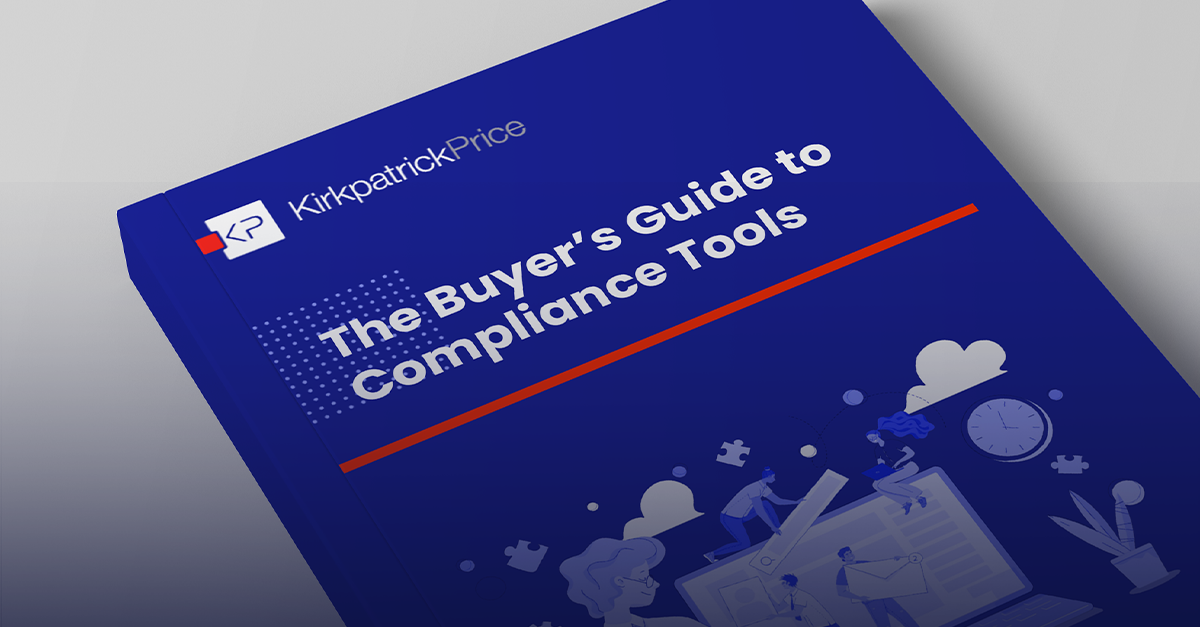
When any organization engages in a FISMA audit, their information systems are organized according to FIPS 199 and FIPS 200 to determine security categories and impact levels. Then, those systems are tested against a tailored set of baseline security controls. Depending on whether an organization is a federal agency or a private sector entity, different NIST publications of security controls may apply to the FISMA audit. How can you determine whether your organization should use NIST SP 800-53 or NIST SP 800-171 security controls? Let’s dive into what applies to your organization and what doesn’t.
What is a FISMA Compliance Audit?
First, what is the Federal Information Security Management Act, or FISMA, and what does a FISMA audit accomplish? FISMA is United States legislation intended to protect the security, confidentiality, and integrity of government data systems. A FISMA audit is a test of an organization’s system against the controls outlined in various NIST publications such as NIST SP 800-53, NIST SP 800-171, FIPS 199, and FIPS 200.
FISMA was developed to protect against unauthorized access, use, disclosure, disruption, modification, or destruction of government information and assets. When you choose to engage in a FISMA audit, you can expect to receive a report on their controls which can then be used to certify your organization when an Authorization to Operate (ATO) is signed by a federal agency.
NIST SP 800-53 in a FISMA Audit
NIST SP 800-53, Security and Privacy Controls for Federal Information Systems and Organizations, is the guideline established for federal agencies to uphold regulatory requirements regarding the management of their information security systems. Federal agencies categorize their security systems according to the NIST compliance levels: low, moderate, and high. NIST SP 800-53 security controls are classified into 18 control families, which help federal agencies determine the organizational impact and risk of their systems:
- Access Control
- Audit and Accountability
- Awareness and Training
- Configuration Management
- Contingency Planning
- Identification and Authentication
- Incident Response
- Maintenance
- Media Protection
- Personnel Security
- Physical and Environmental Protection
- Planning
- Program Management
- Risk Assessment
- Security Assessment and Authorization
- System and Communications Protection
- System and Information Integrity
- System and Services Acquisition
When you engage in a FISMA audit with NIST SP 800-53 controls, you are testing your information security systems against compliance standards for federal agencies in an effort to better your information security and risk management practices.
NIST SP 800-171 in a FISMA Audit
While federal agencies test their systems against NIST SP 800-53 controls, non-federal agencies that work with government entities can comply with FISMA by testing their systems against NIST SP 800-171 security controls. Controlled Unclassified Information, or CUI, is governed by NIST SP 800-171, so any organization handling CUI should use the NIST SP 800-171 standard to ensure their security systems are measuring up to security guidelines. The goal of NIST SP 800-171 is to protect unclassified information that isn’t considered part of federal information systems against unauthorized access, harm, or mishandling. NIST SP 800-171 controls are also categorized into families, but only in 14 categories:
- Access Control
- Audit and Accountability
- Awareness and Training
- Configuration Management
- Identification and Authentication
- Incident Response
- Maintenance
- Media Protection
- Personnel Security
- Physical Protection
- Risk Assessment
- Security Assessment
- System and Communications Protection
- System and Information Integrity
If your organization handles CUI, engaging in a FISMA audit with NIST 800-171 controls can benefit your information systems, the categorization of your security practices, and opportunities for your organization to conduct businesses with federal agencies.
At KirkpatrickPrice, we mold our audit process to fit your needs, whether that includes testing against NIST 800-53 controls or NIST 800-171 controls in a FISMA audit. With KirkpatrickPrice as your audit partner, you can get help from start to finish to determine what security testing will benefit your compliance goals. Contact us today to get help with your FISMA audit process!




